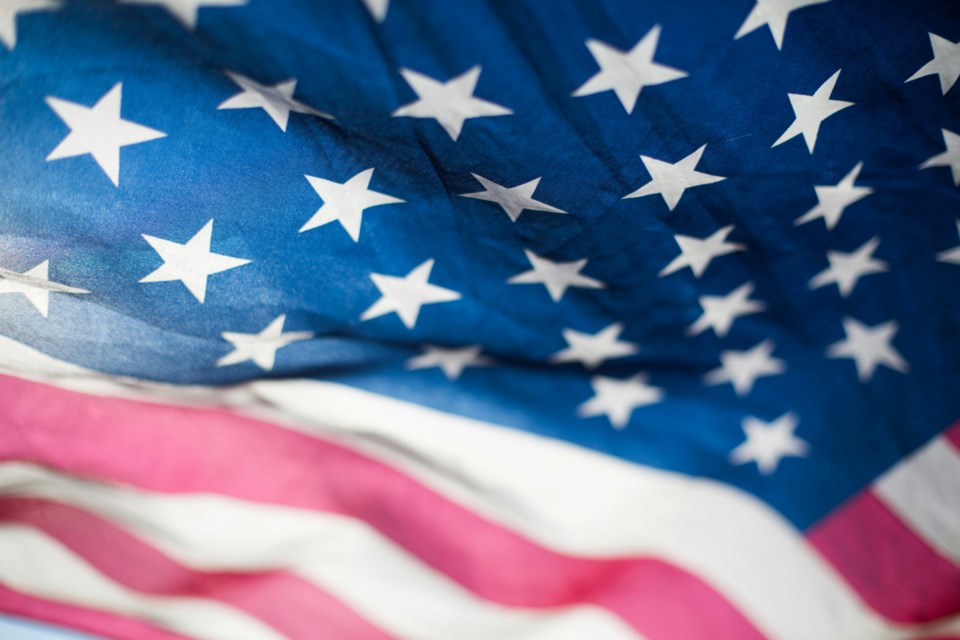United States President Donald Trump’s tariffs against most of the world , and destabilized the global economy.
Trump has and politically , shattering the unity of the western world. But Trump’s chaos may have inadvertently produced an opportunity to create a better world.
.
That may have been true for a from American domination. But by American military, economic and political interventions.
Losing dominance?
The West could be in the midst of losing its dominant position in the global order. This is probably inevitable, .
In most of the world, there is that doesn’t feature . A world where American and western power is limited and contained could not only end up being more peaceful but, over time, more prosperous.
Without the co-operation of the allies alienated by Trump, it may be harder for the U.S. to as .
In a recent Foreign Affairs article, American political scientist Stacie Goddard argues the emerging multipolar, post-American world will be one in which great powers — primarily the U.S., Russia and China —
The U.S. is . Closer to home, neighbours of the U.S. have reason to fear .
By contrast, even if it has imperialist ambitions, . It’s a country of with . Russia can cause trouble within countries with sizable Russian minorities, but its ability to project power is limited, as demonstrated by its grinding war in Ukraine.
China’s stance
The Chinese have scored a win against Trump’s tariffs with a 90-day tariff pause . China and won as .
This has bolstered China’s goal to have a sphere of influence. However, Chinese foreign policy is largely and, compared to the U.S., remarkably restrained.
China may intimidate its rivals in the , , and , but it does not easily resort to military force. .
to most of the guiding structures of the current international system and values a that enables it to focus on and improve its domestic development.
Its need customers abroad. Unlike the West, .
Asian trade alliance?
The Chinese to promote .
As China spreads its renewable energy technologies globally, some of the poorest countries may leapfrog carbon-based fuels and go directly to renewable energy to make development affordable and attainable, and to mitigate climate change.
In response to Trump’s tariffs, China, South Korea and Japan . President Xi Jinping , to encourage a common front against American actions.
Asian states are wary of China, but they . The U.S. may be retreating from globalization, but the rest of the world is not, though .
Emerging international order
New institutions may help to manage the evolving world order. The — Brazil, Russia, India, China, South Africa, Egypt, Ethiopia, Indonesia, Iran and the United Arab Emirates — have created the . China has created the and the .
The United Nations remains the favoured instrument of global diplomacy, have been accused of undermining its authority and efficacy.
The European Union will continue as a major global power in the emerging international order, but on a more even footing with the rest of the world.
its . In the words of Ursula von der Leyen, president of the European Commission: “
Western states will undoubtedly continue to try to exercise disproportionate global influence. Canada has suggested that form an alliance to promote international trade and institutions that remain dominated by western interests. This idea seems designed to continue marginalizing the Global South in the international decision-making process.
Most are . Many struggle with the legacies of colonialism while managing an international system dominated by the West that keeps them subservient. Others have created governments that fit their particular circumstances, cultures and levels of development.
But that is seemingly stronger than the West. They need a stable, predictable, fairly applied set of global rules more than stronger nations. Ironically, the decline of the U.S. may facilitate a much more genuine and legitimate rules-based international order.
America’s loosening grip
Readjusting the world economy away from the U.S. to a more diverse, evenly distributed economic model will be .
Nonetheless, loosening the American grip on global power is an essential first step towards achieving a more just and balanced international order.
For putting this process in motion, the world may owe Trump a measure of thanks.
Shaun Narine is affiliated with Canadians for Justice and Peace in the Middle East and Jewish Voice for Peace.




